- Named after Marie Curie, a pioneer in radiology
- Designed with concern for patient comfort
- Fixed beam and patient rotation allow for installation to be quick and easy
Reaching Important Milestones!
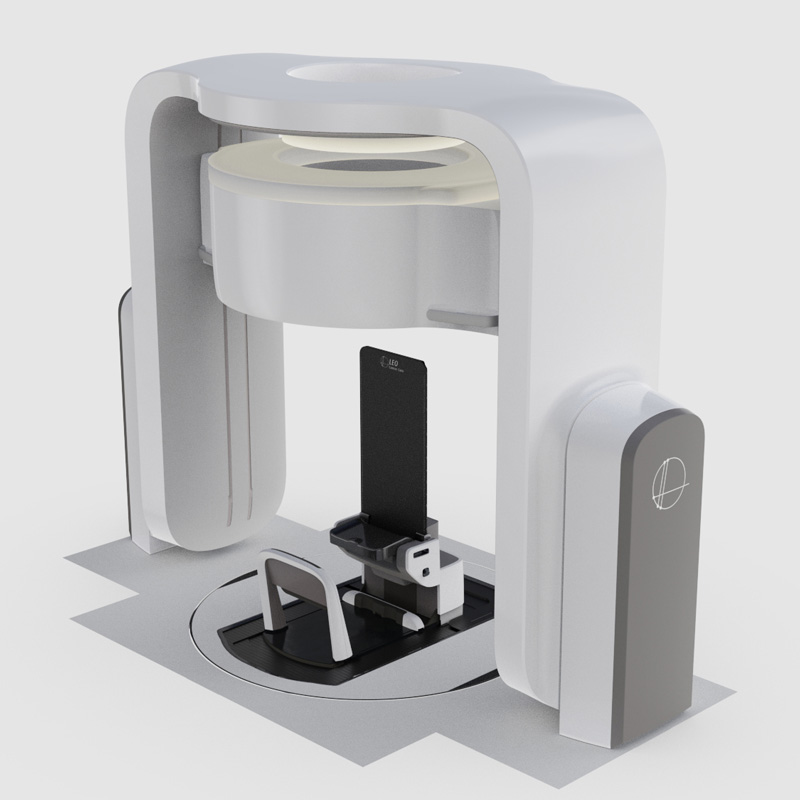


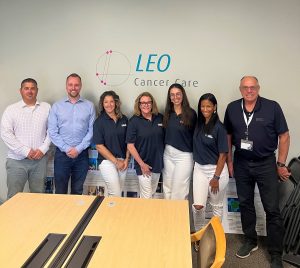
Team Hampton Proton Has Finally Met Marie
Reaching Important Milestones: Team Hampton Proton Has Finally Met Marie after flight delays, airport gate changes and navigating a new city after dark, Team HUPTI finally arrived in Madison, Wisconsin, anxious to meet Marie™ — the cutting-edge piece of technology that would soon revolutionize cancer treatment in Hampton Roads…

Fully adjustable, to enhance patient comfort while aiding optimal treatment positioning.
Ultra-thin, tilting backrest optimizes patient posture to deliver the most accurate treatment.
Scans the patient in the upright orientation to allow for accurate treatment planning and patient set-up.
Rotates 360 degrees and delivers 6 degrees of freedom for accurate and reproducible set-up.
Adjustable shin rest to secure the patient during imaging and treatment.
Hampton Unversity Proton Cancer Institute (Hampton Proton) has entered into a unique partnership with Leo Cancer Care to help advance research into Proton Arc Therapy (PAT).
The partnership between Hampton Proton and Leo Cancer Care will repurpose an existing fixed-beam proton therapy treatment room and install its advanced upright patient positioning system and CT scanner.
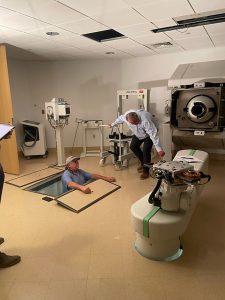
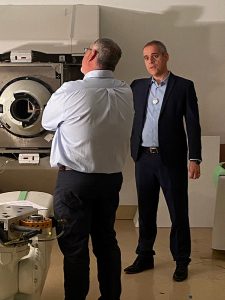
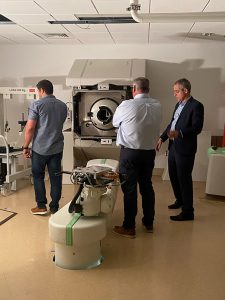
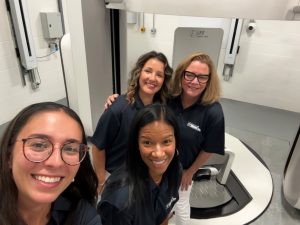
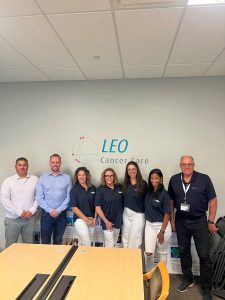
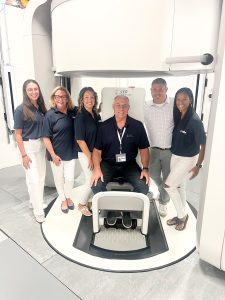
Check back often for more updates.
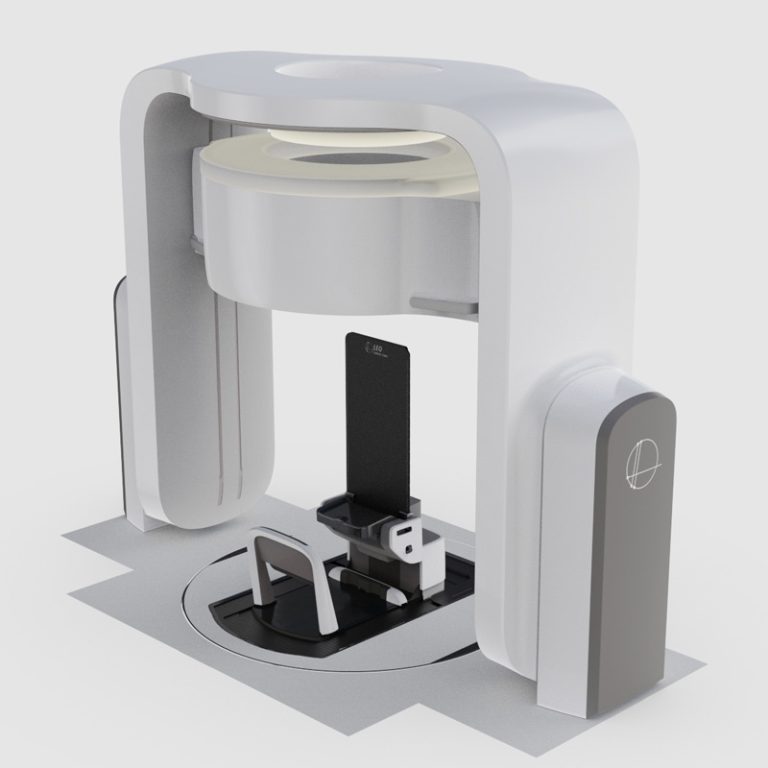
Proton beam therapy is an advanced form of external radiotherapy that uses high-energy proton beams instead of photon x-ray beams or electrons. Protons are small particles of an atom, and a particle accelerator is used to speed up the protons to produce the beam.
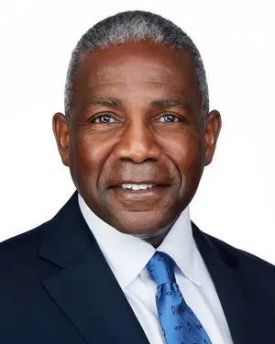
Originally from West Palm Beach, Florida, Williams is a 1983 graduate and 13th president of Hampton University. He is a three-star general and retired from the U.S. Army in 2020.

MaryBeth Sullivan, the Hampton Unversity Proton Cancer Institute’s (Hampton Proton) executive director, is a nationally board-certified radiation therapist who completed her training and eventually worked at Massachusetts General Hospital. Dr. Keppel recruited her in 2010 to help open Hampton Proton. She returned in July 2022 to start her new position.

Stephen Towe is the Chief Executive Officer and Co-Founder of Leo Cancer Care. Having driven the design of the Leo Cancer Care technology in Australia, Towe took over the role of CEO in 2018. Since then, Stephen has led the expansion of Leo across both the US and Europe.
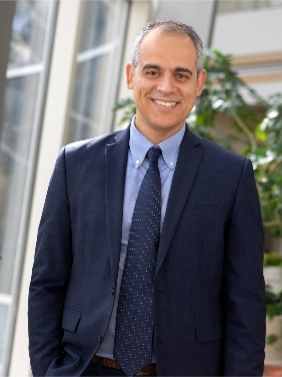
Dr. Alejandro Carabe is the Chief Medical Physicist at Hampton Proton. He is a native of Seville, Spain, and has published more than 30 papers and holds several patents on proton-related and medical technology.
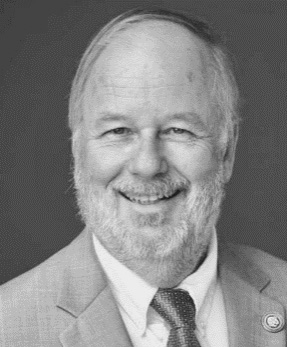
Rock Mackie is the Board Chairman and Co-Founder of Leo Cancer Care. He is a Professor Emeritus of Medical Physics and Human Oncology at the University of Wisconsin-Madison. Mackie co-founded the Geometrics Corporation to develop the Pinnacle Radiotherapy Treatment Planning System (TPS), now owned by Philips Medical Corporation and once the largest-selling TPS in the world.
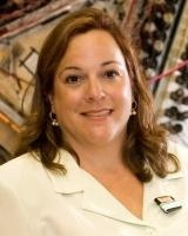
In November 2021, The Department of Energy’s Thomas Jefferson National Accelerator Facility appointed Dr. Cynthia Keppel as Jefferson Lab’s Associate Director for Experimental Nuclear Physics. In this role, Keppel oversees more than 170 Jefferson Lab staff members. For her leadership during the establishment of the Hampton Unversity Proton Cancer Institute, she is considered “the mother of Hampton Proton.”